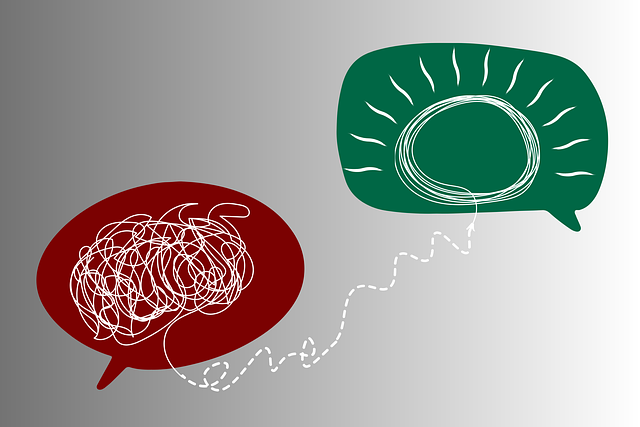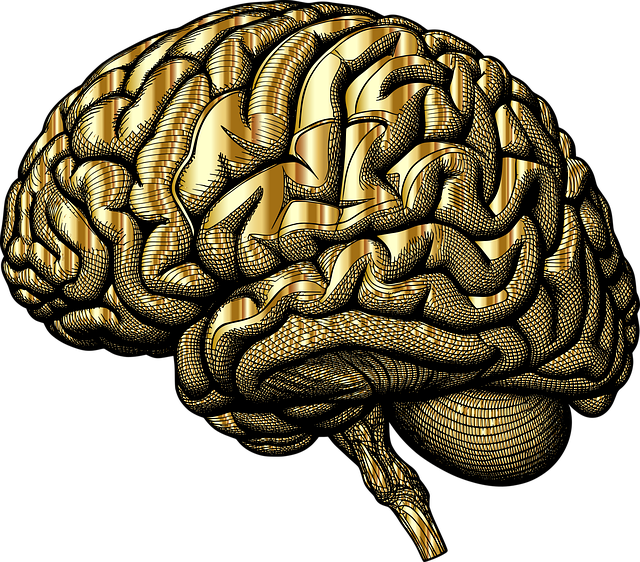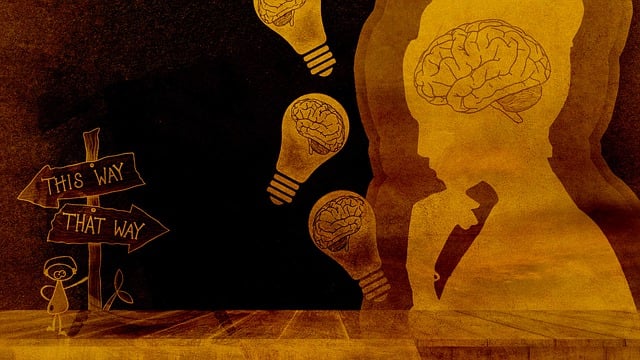Crisis Intervention Teams (CITs) provide immediate support during mental health crises, de-escalating situations and offering crisis counseling. Their training includes therapy for anger management to help individuals recognize and control anger in high-pressure scenarios. CITs also contribute to Mental Health Awareness and Education Programs, normalizing conversations around sensitive topics and empowering individuals through social skills training. Effective CIT training combines empathy building, cultural sensitivity, and evidence-based practices like mindfulness, addressing both immediate crisis situations and long-term well-being, including therapy for anger management.
In today’s complex social landscape, effective crisis intervention teams (CITs) play a vital role in mitigating high-risk situations. This article delves into the critical functions and impact of CITs, emphasizing the importance of anger management training for team members. We explore key components of successful crisis intervention programs, practical applications, and real-world scenarios. Additionally, we discuss benefits, challenges, and future directions in crisis team training, highlighting the significance of therapy for anger management in fostering resilient communities.
- Understanding Crisis Intervention Teams: Their Role and Impact
- The Importance of Anger Management Training for Team Members
- Key Components of Effective Crisis Intervention Programs
- Practical Applications and Real-World Scenarios
- Benefits, Challenges, and Future Directions in Crisis Team Training
Understanding Crisis Intervention Teams: Their Role and Impact

Crisis Intervention Teams (CITs) are specialized groups designed to provide immediate support and guidance during acute mental health crises. Their role is pivotal in ensuring that individuals experiencing severe emotional distress or suicidal ideation receive timely, effective assistance. CIT members, often comprising of both professionals and volunteers, are trained to de-escalate situations, offer crisis counseling, and connect individuals with appropriate ongoing care, including therapy for anger management.
These teams have a profound impact on communities by reducing the burden on emergency services and promoting better outcomes for those in crisis. Beyond immediate intervention, CITs contribute to broader Mental Health Awareness and Education Programs Design by fostering understanding of mental health issues and normalizing conversations around sensitive topics. The inclusion of Social Skills Training within their curriculum further enhances their effectiveness, empowering individuals to navigate challenging situations with enhanced coping mechanisms and improved communication skills.
The Importance of Anger Management Training for Team Members

Anger is a natural emotion, but when left unmanaged, it can lead to destructive behaviors and hinder effective crisis intervention. Training programs that include anger management components are essential for crisis intervention team members. These sessions equip individuals with the skills to recognize and control anger, fostering a calmer and more composed response during high-pressure situations. By learning healthy coping mechanisms and conflict resolution techniques, team members can navigate tense scenarios with better self-esteem and emotional resilience.
Incorporating therapy for anger management into training allows for open discussions on managing stress and frustration, promoting mental wellness. The journaling exercise guidance provided can help individuals process their emotions, gain insights, and improve their overall well-being. These programs create a safe space to explore the root causes of anger, encouraging self-reflection and personal growth, which are vital aspects of effective crisis intervention.
Key Components of Effective Crisis Intervention Programs

Effective crisis intervention team training programs are multifaceted, incorporating various key components to ensure success. Firstly, these programs emphasize empathy building strategies as a foundational element. Training involves role-playing scenarios and debriefings to enhance participants’ ability to understand and connect with individuals in distress, fostering an environment of support and safety. By developing strong empathetic skills, team members can better assess the situation, recognize underlying issues, and respond appropriately.
Another critical aspect is integrating therapy for anger management techniques into the curriculum. Crisis situations often involve heightened emotions, including anger, which can escalate if not addressed constructively. Training in this area equips team members with tools to identify triggers, manage their own anger, and guide others through calming techniques. Alongside these core components, incorporating stress management and self-care practices is vital for maintaining the well-being of intervention team members over time, enabling them to effectively support others without burning out.
Practical Applications and Real-World Scenarios

Crisis intervention team (CIT) training programs equip professionals with essential tools to handle real-world scenarios, ensuring a swift and effective response during times of crisis. These practical applications extend beyond textbook knowledge, delving into hands-on experiences that mirror high-pressure situations. Through role-playing exercises, trainees simulate various crises, from sudden emotional outbursts to severe depression prevention cases, fostering an environment conducive to learning from experience.
The programs emphasize cultural sensitivity in mental healthcare practice, recognizing the impact of diverse backgrounds on crisis management. By incorporating these nuances into training, CIT teams become more adept at providing tailored support, considering individual needs and societal contexts. Moreover, public awareness campaigns development is often integrated into the curriculum, encouraging trainees to contribute to broader initiatives that promote early intervention and better mental health outcomes in communities.
Benefits, Challenges, and Future Directions in Crisis Team Training

Crisis intervention team training programs offer numerous benefits for individuals seeking to enhance their response to crises and promote mental wellness. These programs equip participants with essential skills in communication, de-escalation techniques, and crisis resolution strategies. By fostering compassion cultivation practices, teams learn to approach each situation with empathy, reducing potential harm and facilitating positive outcomes. Through role-playing scenarios and real-life case studies, members gain practical experience in managing high-stress situations, which can be invaluable for their personal and professional growth.
Despite these advantages, crisis team training also faces challenges. One significant hurdle is ensuring that the training remains relevant and adaptable to diverse cultural and social contexts. Additionally, preventing burnout among team members is crucial, as the nature of crisis intervention can be emotionally taxing. Future directions in crisis team training should focus on integrating evidence-based practices, such as mindfulness techniques and self-care strategies, to enhance resilience and sustain long-term effectiveness. By addressing these challenges and embracing innovative approaches, therapy for anger management and other mental health concerns can be more effectively addressed within crisis intervention teams.
Crisis intervention team training programs are invaluable assets in equipping professionals to handle high-pressure situations effectively. By combining elements of anger management therapy with comprehensive crisis response strategies, these programs empower teams to make a tangible difference in individuals’ lives during moments of severe distress. As the field continues to evolve, ongoing research and development will be crucial to address challenges and maximize the benefits of crisis intervention training, ensuring that teams are prepared to navigate complex scenarios with empathy, skill, and resilience.








